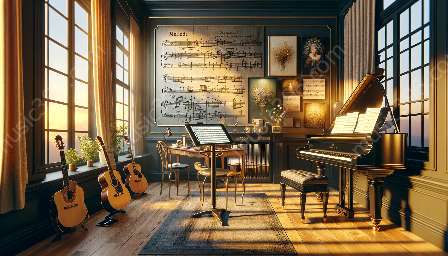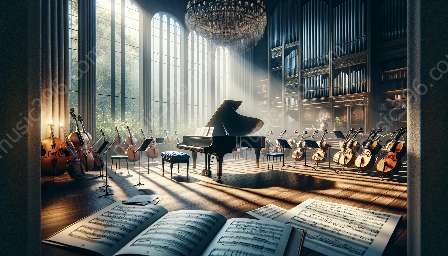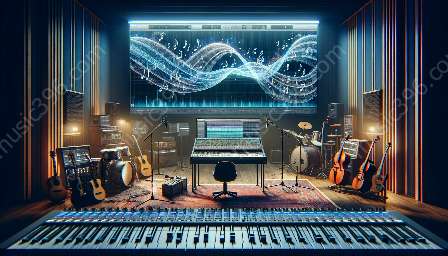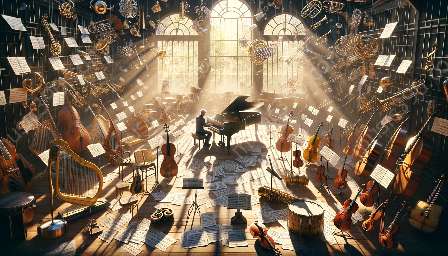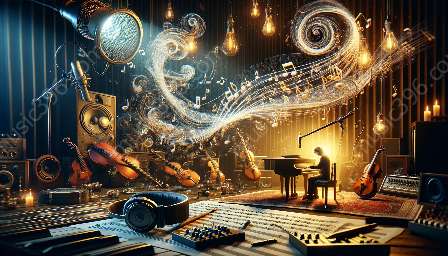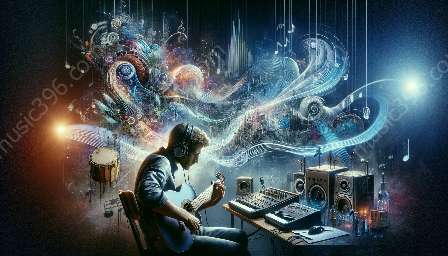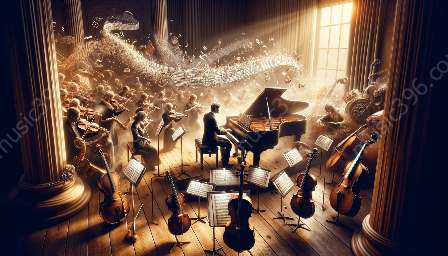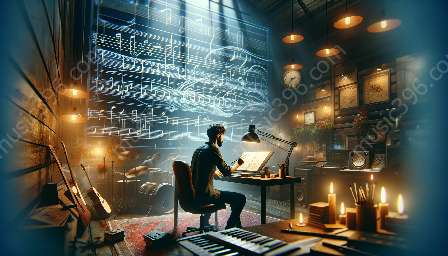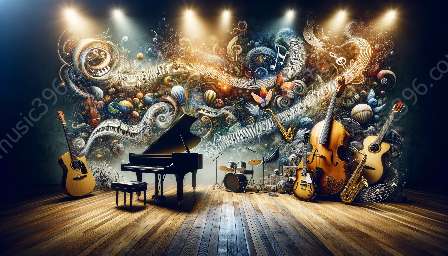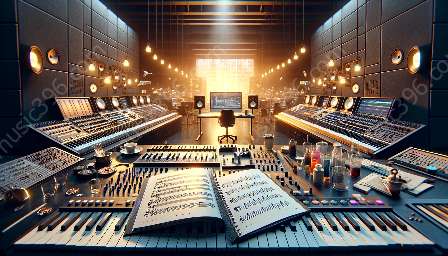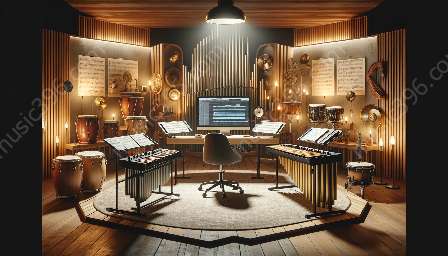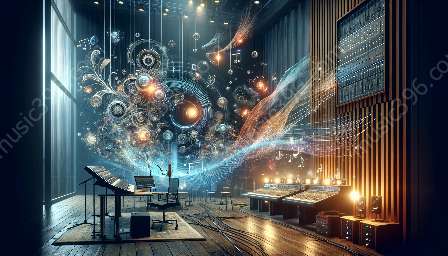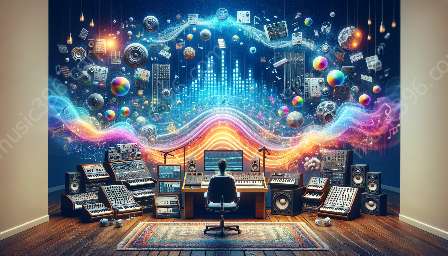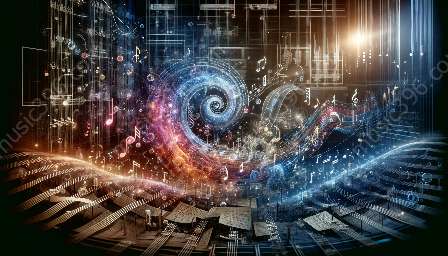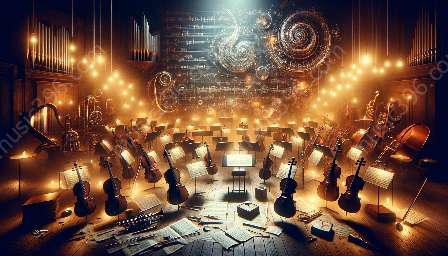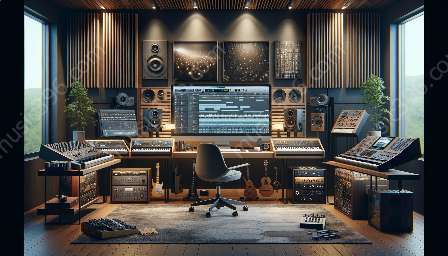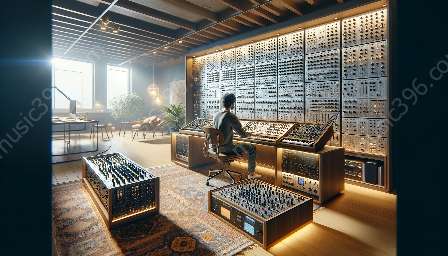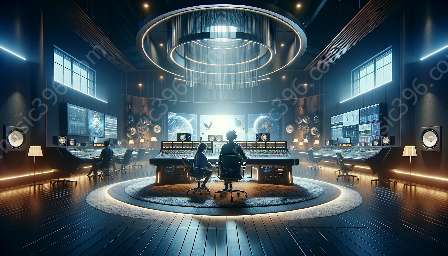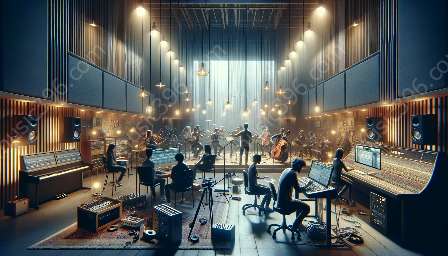Modern composition has been shaped and enriched by the groundbreaking work of influential contemporary composers. Their innovative techniques and unique perspectives have had a profound impact on music composition, pushing the boundaries of traditional forms and inspiring new generations of composers. In this topic cluster, we will explore the pioneering contributions of these composers, delve into the techniques of modern composition that they employ, and celebrate their enduring influence on the world of music.
Exploring Influential Contemporary Composers
Contemporary composers have redefined the landscape of modern composition through their experimental and boundary-pushing compositions. These composers have embraced diverse influences and incorporated new technologies to create compelling musical works that resonate with audiences across the globe. Let's delve into the lives and contributions of some of the most influential contemporary composers:
1. Philip Glass
Philip Glass is renowned for his minimalist compositions that have left an indelible mark on modern composition. His repetitive structures and hypnotic rhythms have captivated audiences and inspired a new wave of composers to explore the possibilities of minimalism. Glass's work spans a wide range of genres, from operas to film scores, and his commitment to pushing the boundaries of traditional musical forms has solidified his status as a visionary in contemporary composition.
2. Steve Reich
Steve Reich is celebrated for his pioneering work in minimalism and phase music. His compositions often feature repetitive patterns and rhythmic textures that create mesmerizing sonic experiences. Reich's exploration of tape loops and electronic sound manipulation has expanded the possibilities of modern composition, influencing a diverse array of musical genres and artists.
3. Anna Thorvaldsdottir
Anna Thorvaldsdottir is a prominent figure in contemporary composition, known for her immersive and atmospheric works that seamlessly blend acoustic and electronic elements. Her compositions evoke evocative landscapes and emotional depth, inviting listeners into sonic worlds of profound beauty and intrigue. Thorvaldsdottir's innovative approach to orchestration and sonic exploration has established her as a leading voice in modern composition.
Techniques of Modern Composition
The techniques employed by influential contemporary composers in modern composition are diverse and groundbreaking, redefining the very fabric of musical expression. From minimalist tendencies to experimental electronic manipulations, these composers have expanded the sonic possibilities available to modern composers. Let's explore some of the key techniques that have emerged from the work of influential contemporary composers:
1. Minimalism
Minimalism, popularized by composers such as Philip Glass and Steve Reich, emphasizes the repetition of small musical elements to create immersive and hypnotic experiences. This technique has had a significant impact on modern composition, influencing everything from classical orchestral works to electronic music productions.
2. Electronic Sound Manipulation
Contemporary composers have embraced electronic sound manipulation as a means of expanding the sonic palette available in modern composition. Through the use of synthesizers, digital processing, and innovative recording techniques, composers have blurred the boundaries between acoustic and electronic sounds, enriching the expressive potential of their compositions.
3. Hybrid Orchestration
The integration of acoustic and electronic elements has become a defining characteristic of modern composition, allowing composers to create immersive and multifaceted sonic experiences. Influential contemporary composers, such as Anna Thorvaldsdottir, have masterfully navigated the fusion of traditional orchestral instrumentation with electronic textures, broadening the possibilities of orchestration in the modern era.
The Impact on Music Composition
The influence of influential contemporary composers extends far beyond the realm of modern composition, shaping the broader landscape of music composition and inspiring new generations of creative voices. Their innovative approaches have challenged traditional conventions and propelled the evolution of musical expression. Through their groundbreaking work, these composers have left an indelible mark on the world of music and continue to inspire composers and audiences alike.
1. Innovation and Experimentation
Contemporary composers have fostered a culture of innovation and experimentation within music composition, encouraging a spirit of exploration and boundary-pushing creativity. Their willingness to challenge established norms and embrace new technologies has opened doors for composers to explore uncharted sonic territories and expand the expressive potential of music.
2. Cross-Genre Influence
The boundary-crossing compositions of influential contemporary composers have had a profound impact across diverse musical genres, inspiring artists in fields ranging from classical music to electronic music, film scoring, and beyond. Their ability to transcend traditional genre boundaries has enriched the musical landscape, fostering a spirit of collaboration and cross-pollination among composers from varied backgrounds.
3. Global Reach and Cultural Diversity
The work of influential contemporary composers has resonated on a global scale, transcending cultural boundaries and connecting with audiences from diverse backgrounds. Their compositions have contributed to a rich tapestry of cultural expression, enriching the global music community and fostering a deeper appreciation for the diverse traditions and innovations within modern composition.
Embracing the Future of Modern Composition
As we celebrate the enduring contributions of influential contemporary composers to modern composition, we also look toward the future of music composition. The legacy of these composers continues to inspire new generations of creative visionaries, nurturing a landscape of musical exploration and innovation. Their influence serves as a guiding light for aspiring composers, inviting them to embrace the limitless possibilities of modern composition and chart bold new paths in the evolution of music.


